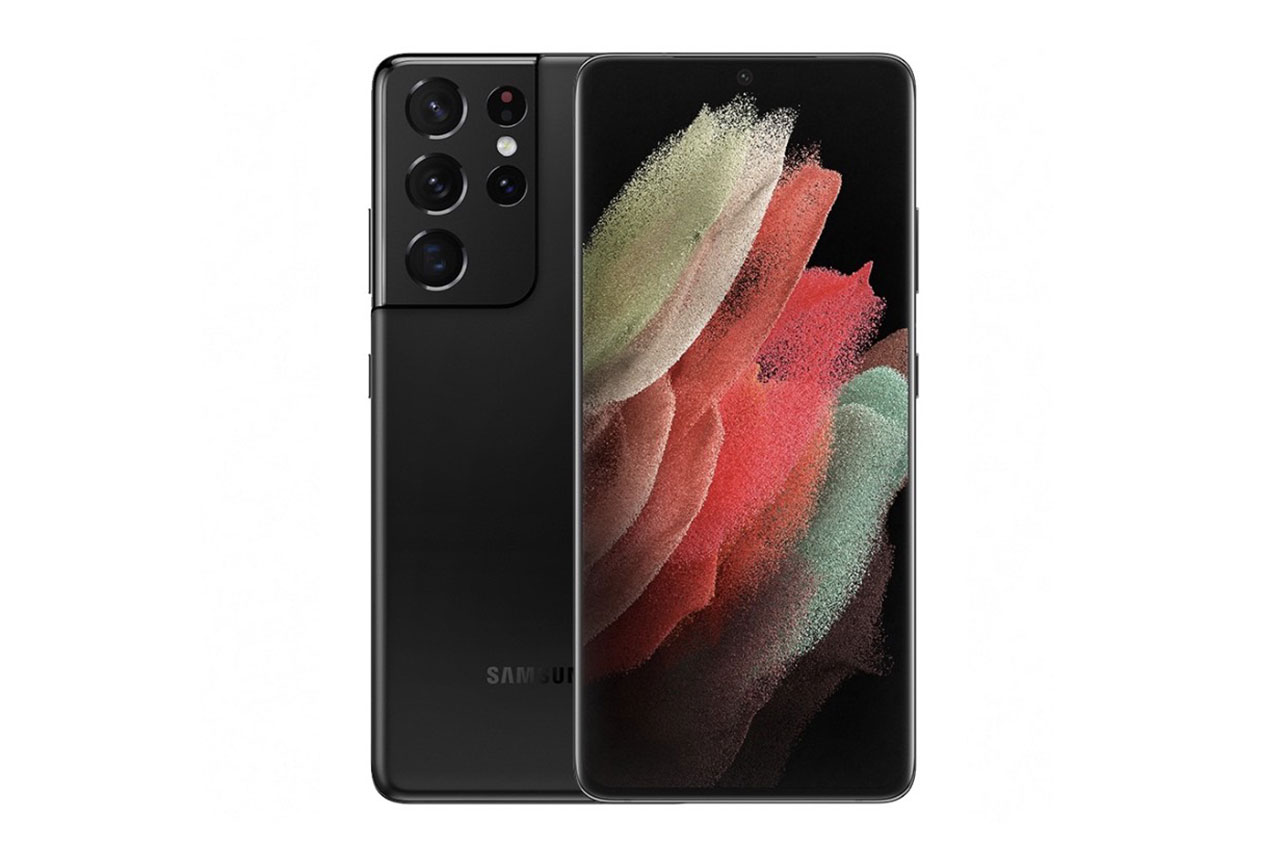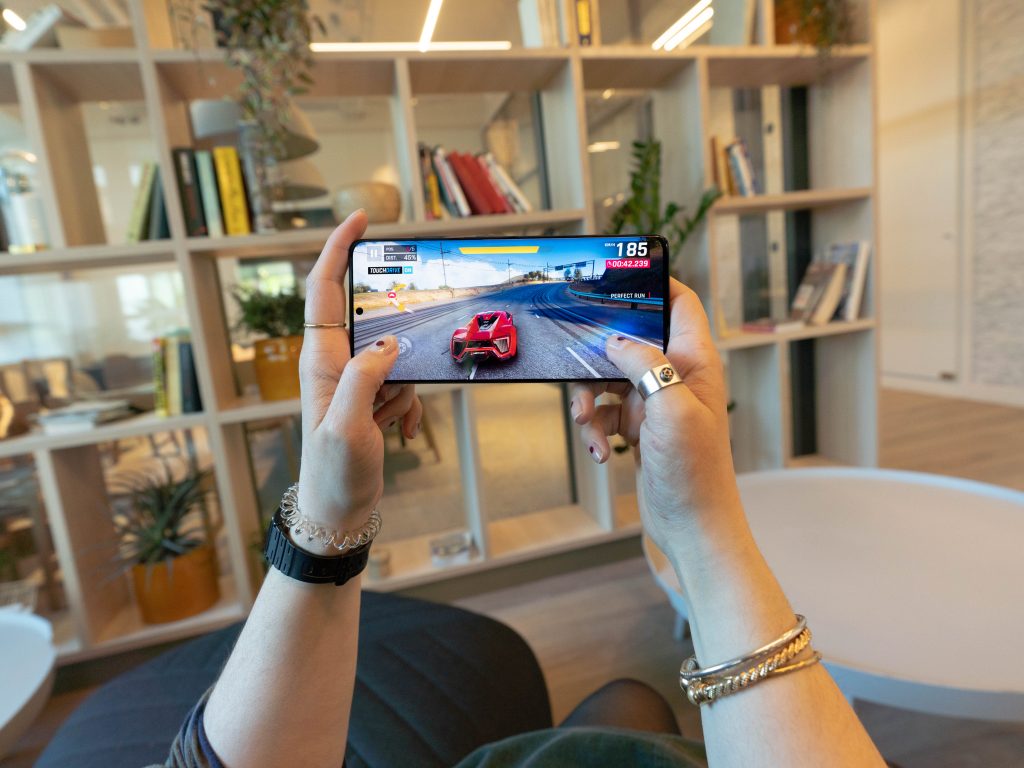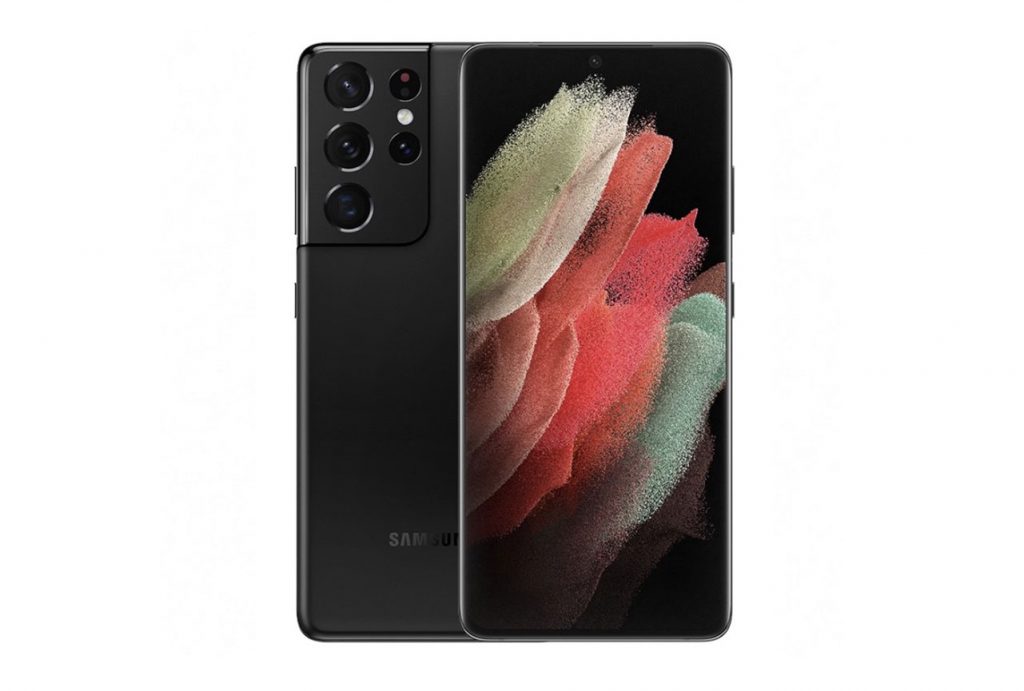The Samsung Galaxy S21 Ultra 5G (Exynos) first appeared on the market in January 2021 and is included in our Ultra-Premium ($800 and higher) segment. Its 5000 mAh battery uses a 25W charger (not included), and the smartphone comes with a quad-camera setup that includes a high-resolution 108 MP main camera, along with a large AMOLED 2X display (among other top-end features).
We recently put the Samsung Galaxy S21 Ultra 5G (Exynos) through our comprehensive Battery protocol tests and will present its most important results here.
Key specifications:
- Battery capacity: 5000 mAh
- 25W charger not included
- 6.8-inch, 1440 x 3200 Quad HD+, 120 Hz AMOLED display
- Exynos 2100 (5 nm) chipset, 5G
- Tested ROM / RAM combination: 128 GB + 12 GB
- Wireless charging
About DXOMARK Battery tests: For scoring and analysis in our smartphone battery reviews, DXOMARK engineers perform a variety of objective tests over a week-long period both indoors and outdoors. This article highlights the most important results of our testing. (See our introductory and how we test articles for more details about our smartphone Battery protocol.)
Test summary
Scoring
Sub-scores and attributes included in the calculations of the global score.

Samsung Galaxy S21 Ultra 5G (Exynos)


Key performances
These key points are derived from the lab measurements during testing and do not figure into the overall score. The lab measurements, however, are used for the overall score.
 185th
185th
 50th
50th
Pros
- Good charging time despite 25W charger
- Very efficient charger adapter
Cons
- Provides less than two days (41+ hours) of autonomy in average use
- Lowest performance among all ultra-premium devices
The Samsung Galaxy S21 Ultra 5G (Exynos)’s overall Battery score of 57 puts it far down in the global rankings among all the smartphones we have tested thus far. This is largely due to its fairly poor showing in both our autonomy and efficiency testing. But although its 25W charger is a bit on the low side for handling its 5000 mAh battery, the S21 Ultra (Exynos) did better across the board in our charging tests.
We compared the Samsung Galaxy S21 Ultra 5G (Exynos)’s performance in several key categories with three other ultra-premium devices, the Apple iPhone 12 Pro Max, the Oppo Find X3 Pro, and the Samsung Galaxy S21 Ultra 5G (Snapdragon); battery capacity, charger, display type and resolution, and processor specifications for all four devices are shown in the table below.
| Samsung Galaxy S21 Ultra 5G (Exynos) | Apple iPhone 12 Pro Max | Oppo Find X3 Pro | Samsung Galaxy S21 Ultra 5G (Snapdragon) | |
| Battery (mAh) | 5000 | 3678 | 4500 | 5000 |
| Charger (W) | 25W | 20W | 65W | 25W |
| Display type | AMOLED 2X | OLED | AMOLED | AMOLED 2X |
| Resolution | 1440 x 3200 | 1284 x 2778 | 1440 x 3216 | 1440 x 3200 |
| Processor | Exynos 2100 | Apple A14 Bionic | Qualcomm Snapdragon 888 | Qualcomm Snapdragon 888 |
Autonomy (48)
How long a battery charge lasts depends not only on battery capacity but also other aspects of the phone’s hardware and software. The DXOMARK Battery autonomy score is composed of three performance sub-scores: (1) Stationary, (2) On the go, and (3) Calibrated use cases. Each sub-score comprises the results of a comprehensive range of tests for measuring autonomy in all kinds of real-life scenarios.
The Samsung Galaxy S21 Ultra 5G (Exynos)’s overall Autonomy score of 48 puts ties with that of the Oppo Find X3 Pro, with both devices just 3 points above the last-place Vivo X51 5G in our Battery rankings thus far. Here are the details:

Stationary
Samsung Galaxy S21 Ultra 5G (Exynos)
49
104
A robot housed in a Faraday cage performs a set of touch-based user actions during what we call our “typical usage scenario” (TUS) — making calls, video streaming, etc. — 4 hours of active use over the course of a 16-hour period, plus 8 hours of “sleep.” The robot repeats this set of actions every day until the device runs out of power.
Getting a result of 46 hours in our Typical Usage scenario test, the Samsung Galaxy S21 Ultra 5G (Exynos) is in a virtual dead heat with the Oppo Find X3 Pro, though the Samsung device manages to eke out a few more minutes than the Oppo. Both devices are roughly 10 hours less than the Snapdragon version of the S21 Ultra 5G, but they are about 15 hours behind the remaining ultra-premium device in this comparison, the Apple iPhone 12 Pro Max.

On the go
Samsung Galaxy S21 Ultra 5G (Exynos)
50
96
Using a smartphone on the go takes a toll on autonomy because of extra “hidden” demands, such as the continuous signaling associated with cellphone network selection, for example. DXOMARK Battery experts take the phone outside and perform a precisely defined set of activities while following the same three-hour travel itinerary for each device.
As with its stationary test results, the Samsung Galaxy S21 Ultra 5G (Exynos) comes in behind the iPhone 12 Pro Max and its Snapdragon twin (though it nearly matches its twin for camera autonomy); however, it does manage to just squeak by the Find X3 Pro by a single point. It has particularly poor autonomy during on-the-go calling, even losing its connection many times while used on public transport.

Calibrated
Samsung Galaxy S21 Ultra 5G (Exynos)
55
100
For this series of tests, the smartphone returns to the Faraday cage and our robots repeatedly perform actions linked to one specific use case (such as gaming, video streaming, etc.) at a time. Starting from an 80% charge, all devices are tested until they have expended at least 5% of their battery power.

The Samsung Galaxy S21 Ultra 5G (Exynos) did better for 3G calling in our (indoor) calibrated use case and showed better performance than the Oppo Find X3 Pro in gaming, video streaming with Wi-Fi on, and video playback with Wi-Fi off. Still, it was a ways off the pace of the Snapdragon version and the iPhone when it came to music streaming.
Charging (74)
The DXOMARK Battery charging score is composed of two sub-scores, Full charge and Quick boost. Full charge tests assess the reliability of the battery power gauge; measure how long it takes to charge a battery from 0% to 80% capacity and from 80% to 100%; and measure how long and how much power the battery takes to go from an indicated 100% to an actual full charge. With the phone at different charge levels (20%, 40%, 60%, 80%), Quick boost tests measure the amount of charge the battery receives after being plugged in for 5 minutes.
Samsung Galaxy S21 Exynos has an average charging time considering the power of the 25W charger (which is not included).

Full charge
Samsung Galaxy S21 Ultra 5G (Exynos)
77
121
The Samsung Galaxy S21 Ultra 5G (Exynos) takes a total of 1 hour 33 minutes to go from a completely empty battery to a complete full one, keeping it in the close neighborhood of its Snapdragon twin (1 hour 28 minutes). Both Samsungs keep a significant distance ahead of the Apple iPhone 12 Pro Max (2 hours 27+ minutes), but still take more than twice as long as the Oppo Find X3 Pro (just under 37 minutes). And as the chart shows, the Exynos version lags behind the Snapdragon version every step of the way:
In terms of wireless charging, the S21 Ultra 5G (Exynos) takes 2 hours 9 minutes to charge to 100% (per the device UI) and a bit more than 22 more minutes to reach a completely full charge. This is somewhat slower than the Snapdragon version, but a long ways behind the Oppo; nevertheless, it still a lot faster than the Apple iPhone 12 Pro Max.

Quick boost
Samsung Galaxy S21 Ultra 5G (Exynos)
70
111
Coming in last among the ultra-premium devices in our Quick boost tests, the Exynos version can nonetheless provide some 3 hours of autonomy when plugged in for 5 minutes with a battery level of under 40%.
| Samsung Galaxy S21 Ultra 5G (Exynos) | Apple iPhone 12 Pro Max | Samsung Galaxy S21 Ultra 5G (Snapdragon) | Oppo Find X3 Pro | ||
| Autonomy boost (hh:mm) | 20% | 3:01 | 3:17 | 3:24 | 5:49 |
| 40% | 3:02 | 3:16 | 3:22 | 6:36 | |
| 60% | 2:39 | 3:03 | 2:54 | 4:40 | |
| 80% | 2:31 | 1:24 | 2:11 | 3:25 | |
| Percentage boost | 20% | 9.1 % | 8.2 % | 9.2 % | 18.4 % |
| 40% | 9.2 % | 8.2 % | 9.1 % | 20.9 % | |
| 60% | 8 % | 7.6 % | 7.8 % | 14.7 % | |
| 80% | 7.6 % | 3.5 % | 5.9 % | 10.8 % | |
| Energy consumed | 20% | 2282 mWh | 1768 mWh | 2279 mWh | 4020 mWh |
| 40% | 2285 mWh | 1764 mWh | 2262 mWh | 4563 mWh | |
| 60% | 1997 mWh | 1645 mWh | 1950 mWh | 3223 mWh | |
| 80% | 1896 mWh | 761 mWh | 1468 mWh | 2360 mWh |
Though not bad compared to some devices, its 58-second time to gain 1% power while gaming at low battery is 20 seconds slower than its Snapdragon sibling.
Efficiency (53)
Our Efficiency score comprises two sub-scores, Charge up and Discharge. Charge up is the efficiency of a full charge (how much energy is drained from the wall outlet vs the energy capacity of the battery, as well as the efficiency of the charger and its residual consumption). Discharge is how much current the smartphone drains from the battery when in use (the ratio of battery capacity over autonomy). Better autonomy with a smaller battery means better efficiency.

Charge up
Samsung Galaxy S21 Ultra 5G (Exynos)
75
105
The Samsung Galaxy S21 Ultra 5G (Exynos) and (Snapdragon) both achieved a good overall efficiency with 78%, and both have very low residual power consumptions when the smartphone is unplugged. The Samsung phones soundly beat the iPhone (at 66%) in this regard but trail behind the Oppo (80%).

Discharge
Samsung Galaxy S21 Ultra 5G (Exynos)
51
121
The Samsung Galaxy S21 Ultra 5G (Exynos) manages power consumption less well (by more than 20 points) than its Snapdragon counterpart, with particularly high comparative consumption during gaming.
Conclusion
The only difference between the two Samsung devices is the processor each one uses, and compared to its Snapdragon twin, the Samsung Galaxy S21 Ultra 5G (Exynos)’s Battery performance came in behind the Snapdragon (and behind all ultra-premium devices to date) in all instances. Further, it posted scores that hovered close to the bottom across our entire database thus far, though it managed to stay ahead of the Oppo Find X3 Pro in a number of specific calibrated use cases.



DXOMARK encourages its readers to share comments on the articles. To read or post comments, Disqus cookies are required. Change your Cookies Preferences and read more about our Comment Policy.